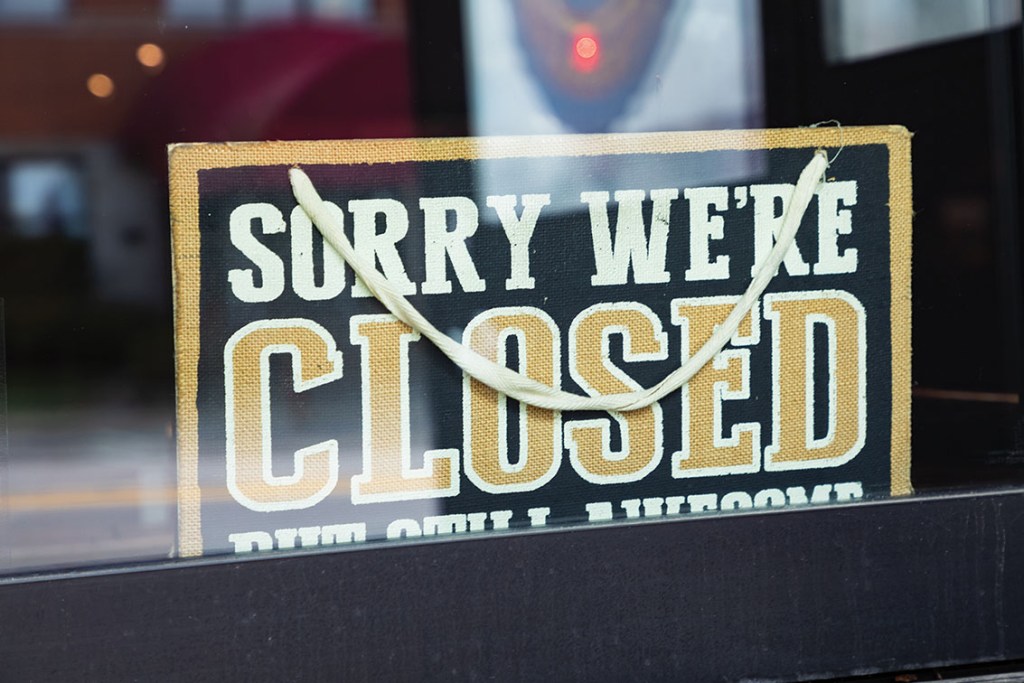Georgia’s jobless rate nears 12%
Published 8:00 am Friday, May 22, 2020

- closed
VALDOSTA — Georgia’s jobless rate for April was the worst-ever in history, and financial experts say the worst is yet to come.
The state’s unemployment rate jumped from 4.6% in March to 11.9% in April, fueled by business closures forced by the COVID-19 pandemic, according to statistics released this week by the Georgia Department of Labor.
“The number of people who were unemployed (in Georgia) in April is greater than for the entire previous four years combined,” said Bill Dendy, CPA and attorney for Elite Financial Management in Dallas, Texas.
There were 492,100 fewer jobs in April than March, according to the labor department’s statement. The leisure industry — which includes hotels, restaurants and bars — accounted for 42% of the loss.
The state labor department has dispensed $3.1 billion in combined state and federal unemployment benefits in the past nine weeks.
“The Georgia Department of Labor can’t get the checks out fast enough to outpace the number of claims being filed,” Dendy said.
“We are living in unprecedented times,” said Amy Fulmer, director of recruitment for Futuretech Staffing, headquartered in Marina Del Rey, Calif.
The true number of unemployed may be worse than the statistics indicate, she said.
“They aren’t counting people who are quarantined,” Fulmer said.
She said there were a few bits of good news in Georgia’s situation: expanded jobless benefits that weren’t available before and the federal stimulus checks that are being sent out.
Even the good news carries a shadow, though: “Eventually, those benefits are going to run out,” Fulmer said.
Dendy foresees another possible problem: “There’s a domino effect. Historically, downturns like this lead to an increase in criminal activities. We haven’t seen this yet, though.”
A “worst-case” scenario some economists fear is Georgia’s jobless rate more than doubling, heading past 20%, he said. Many small and medium-sized businesses are in danger due to a lack of a cash reserve, Dendy said.
“Georgia is, though, doing better than some places,” he said. “Nevada, which depends so heavily on tourism, has a jobless rate above 30%.”
Fulmer encouraged those out of work to start hunting for jobs now. Ironically, the pandemic may create some positions: the federal government is about to start hiring “thousands” of COVID-19 “tracers,” workers who backtrack the people whom pandemic victims have had contact, Fulmer said. The jobs are expected to pay about $57,000 in annual salary, she said.
While the number of layoffs in Georgia has slowed down, the number of people who are not working continues to rise, Dendy said.
Those who are still employed should take time to take stock of their personal finances and make sure they have an emergency cash reserve, he said.




